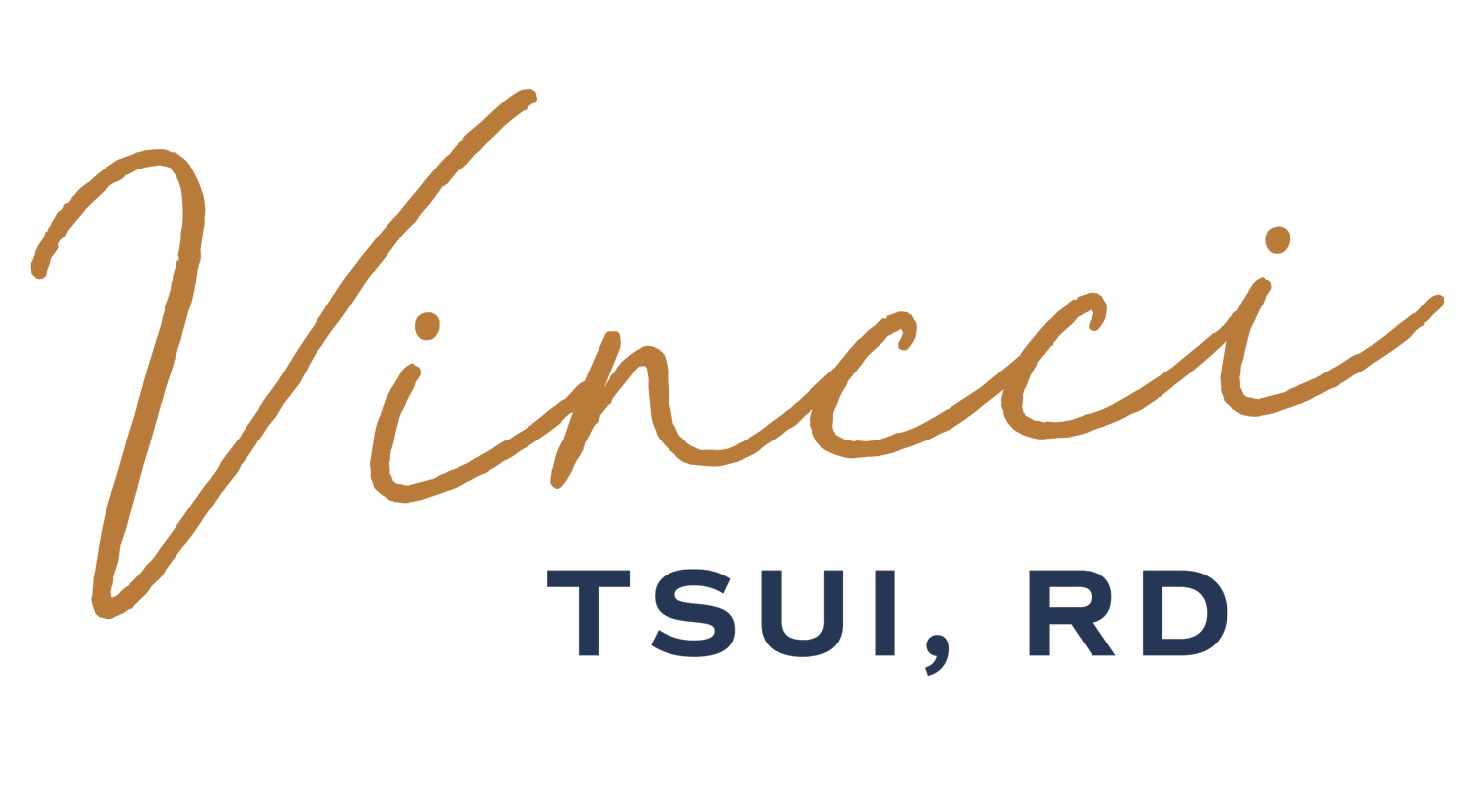Help! I Don’t Know What to Eat
It’s a little ironic that what attracts some people to intuitive eating is that it’s essentially about eating whatever you want (though in a complex, nuanced way), only to find themselves not knowing what to eat. It makes absolute sense why this would be the case: after a lifetime of meal plans, food rules, and “eat this, not that” lists, having unconditional permission and full autonomy around food and eating can feel overwhelming.
Not Knowing What to Eat Might be a Sign of Perfectionism
Last month, I wrote about how perfectionism can sometimes get in the way of eating intuitively, and I would argue that this is one of those ways that it shows up. While you might not identify with being a perfectionist per se, the idea that there might be a “right” or “wrong” way to eat, or the expectation that you “should” know what to eat, is rooted in perfectionistic thinking. Just as it is with babies, fed is best.
Here are a couple ways to help you break through the perfectionism, and just feed yourself already:
2 Strategies to Help You Decide What to Eat When Eating Intuitively
1. Just Eat It
Assuming that you have some access to food that is safe and not something that you’re allergic to, go ahead and eat as much of whatever is available until you decide it’s time to stop.
Then, get curious. What are the sensations that you notice in your body? Did eating the food change your level of hunger or fullness? Do you notice any other sensations?
Next, shift your focus to the thoughts that are coming up—often I find when people “don’t know what to eat,” they are concerned that they are choosing a food that doesn’t fit with cultural norms of what “should” be eaten, or they’re worried that while the food may be satiating, that it won’t be satisfying. Notice if either of those stories are coming up for you, or other thoughts and emotions altogether. Remember that there is no right or wrong answer—every time you eat is an opportunity to gather information that can help you learn more about yourself, and perhaps help guide the decisions that you make around food next time.
It may feel a bit frustrating or chaotic at first, but the more that you learn about what’s satisfying for you, and works with your lifestyle, it will help ease the decision-making over time.
2. There’s More to What You Want Than Your Tastebuds
When it comes to “what we want to eat,” often we rely on our “cravings,” which are usually based on taste. So when we don’t feel like we’re craving anything, it can be easy to say that we don’t know what to eat. This is also why I say that intuitive eating is more nuanced and complex than “eating whatever we want,” because what I really mean is, it’s more than what our tastebuds want.
How do we know what we want beyond our tastebuds? There are lots of different strategies out there. For example, under Principle #6: Discover the Satisfaction Factor of The Intuitive Eating Workbook (Amazon Associates link), there is an exercise that walks you through thinking about taste, texture, smell, temperature, appearance, and amount of food would be satisfying in a given moment.
Another framework that I’ve shared with clients is Mindful Eating, Conscious Living co-creator Jan Chozen-Bays’s Nine Hungers: eyes, ears, nose, mouth, touch, stomach, cells, mind, heart. (Sorry, I’m not providing a link to this as I’ve found many parts of her work and the program, including the one blog post I found on the nine hungers, to have fatphobic elements.) Perhaps you might want to come up with your own list of questions, or an acronym to prompt you to attune to various cues in your body when it comes to deciding what to eat.
With that in mind, while this strategy might help you figure out what you want to eat, you might realize that what’s available doesn’t quite meet your needs. This is completely normal. Try to choose what will best meet your needs right now. Again, there is no right or wrong answer, rather another opportunity to get curious and gather information.
